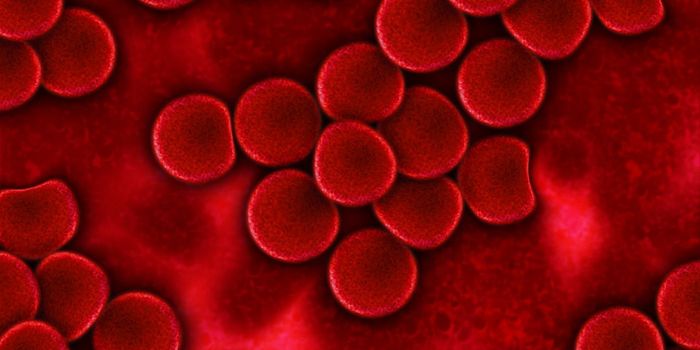Treating glioblastomas through the bloodstream
New research published in Nature Communications details a novel immunotherapy that is capable of treating brain cancer via the bloodstream. Although only proven thus far in mice, the nano-immunotherapy has the potential to change the way we treat glioblastoma, the most common and aggressive form of brain cancer, forever.
The technology uses checkpoint inhibitor drugs in order to disarm brain tumors that fight against the immune system. But the key in this therapy is its ability to cross the blood-brain barrier – at least in mice.
"Although our findings were not made in humans," says senior study author Julia Y. Ljubimova, a professor of neurosurgery and biomedical sciences at Cedars-Sinai Medical Center in Los Angeles, CA, "they bring us closer to developing a treatment that might effectively attack brain tumors with [systemic] drug administration."
How did they do this? Well, because brain tumors suppress attack from anticancer cells using macrophages and T regulatory cells, the researchers decided to try to block them using checkpoint inhibitor drugs so that the immune system can properly activate cancer-killing cells. Using a small transporter protein to carry an inhibitor drug across the blood-brain barrier, the researchers were able to target the macrophages and T regulatory cells systemically, i.e. through the bloodstream.
Although brain cancer is not particularly common, it does account for more than its fair share of cancer deaths. According to the National Cancer Institute, 23,820 people in the United States will find out that they have brain cancer in 2019, and 17,760 will die of the disease in this same year.
While the new immunotherapy has a ways to go before it will be ready for human trials, Professor Ljubimova says, "We hope that by delivering multifunctional new-generation drugs through the blood-brain barrier, we can explore new therapies for many neurological conditions."
Sources: Medical News Today, Nature Communications









